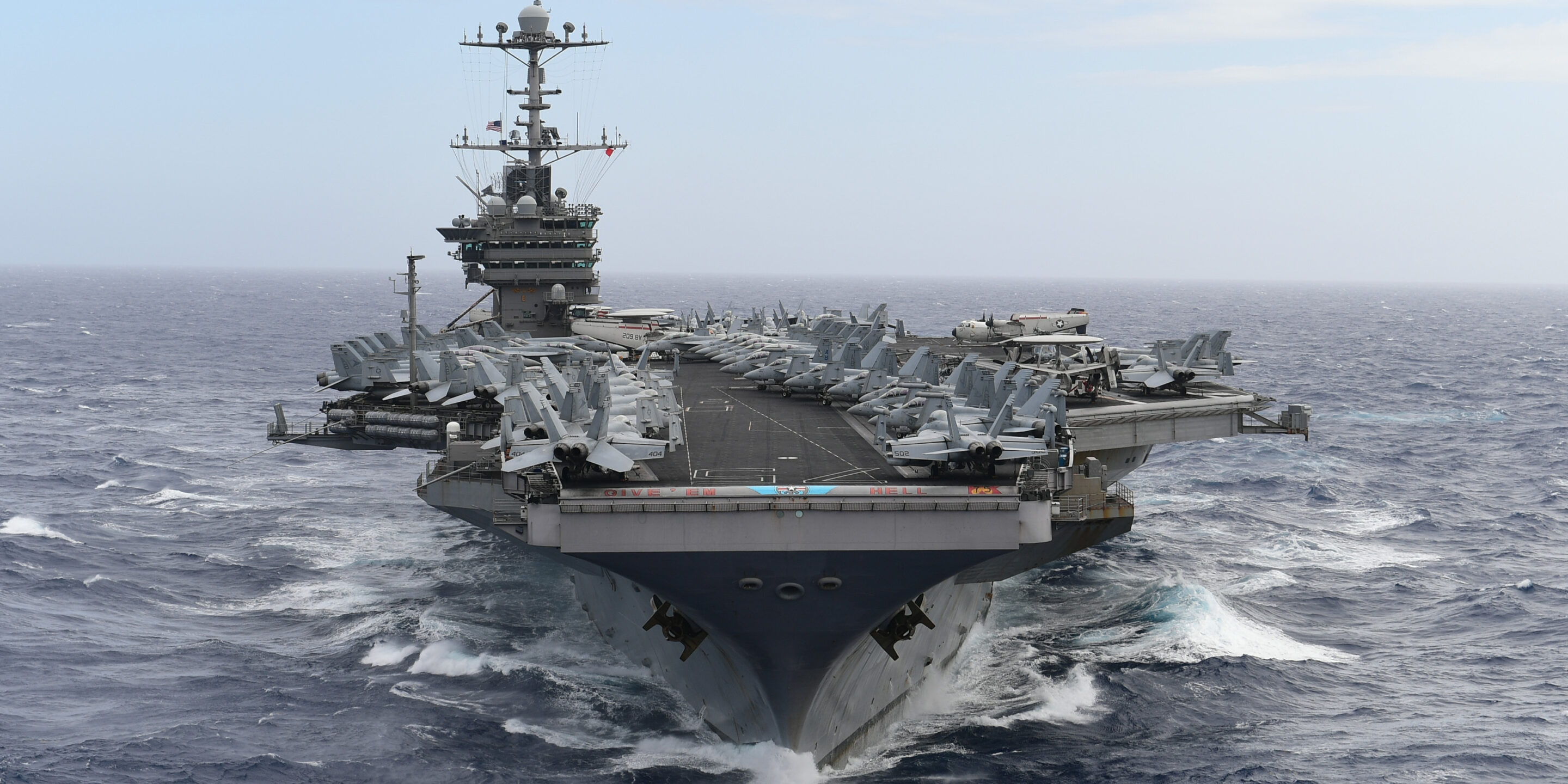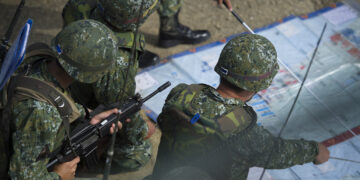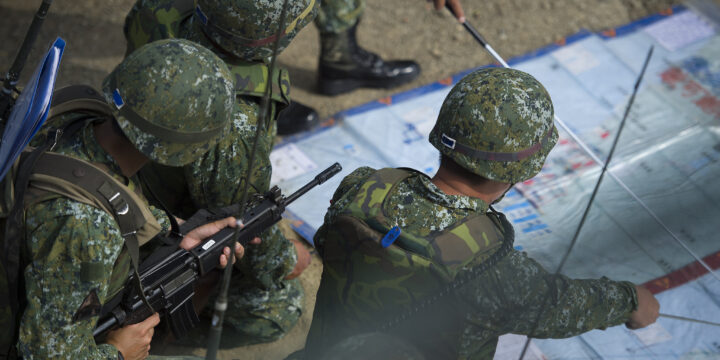Lyle J. Goldstein oversees a range of studies that evaluate U.S. foreign policy and defense strategy in the Asia-Pacific region, including with respect to such key flashpoints as the Korean Peninsula, the South China Sea, the Sino-Indian border, and Taiwan. He maintains expertise in both Chinese and Russian military strategic development and also has knowledge regarding particular issues in the China-Russia relationship, including especially military cooperation and the Arctic and Central Asia.
Goldstein serves concurrently as director of the China Initiative and senior fellow at the Watson Institute for International and Public Affairs at Brown University. At Brown, he is investigating the costs of great power competition with both China and Russia in association with the Costs of War Project at Watson. He is also assisting in the further development of Watson’s China Initiative. He teaches a lecture course on “War and Strategy in the 21st Century.”
In October 2021, Goldstein retired after 20 years of service on the faculty at the U.S. Naval War College (NWC) after being promoted by his peers to the rank of full professor. During his career at NWC, he founded the China Maritime Studies Institute and has been awarded the Superior Civilian Service Medal for this achievement. He has written or edited seven books on Chinese strategy and is currently finishing a book that examines maritime aspects of the China-Russia quasi-alliance.
Goldstein has a PhD from Princeton, an MA from Johns Hopkins SAIS, and a BA from Harvard. He is fluent in both Chinese and Russian languages and is studying Korean.






















